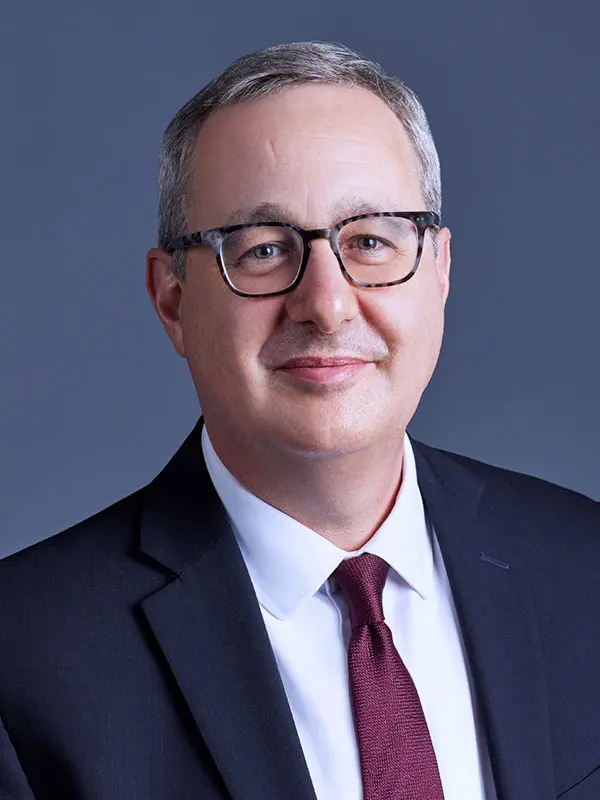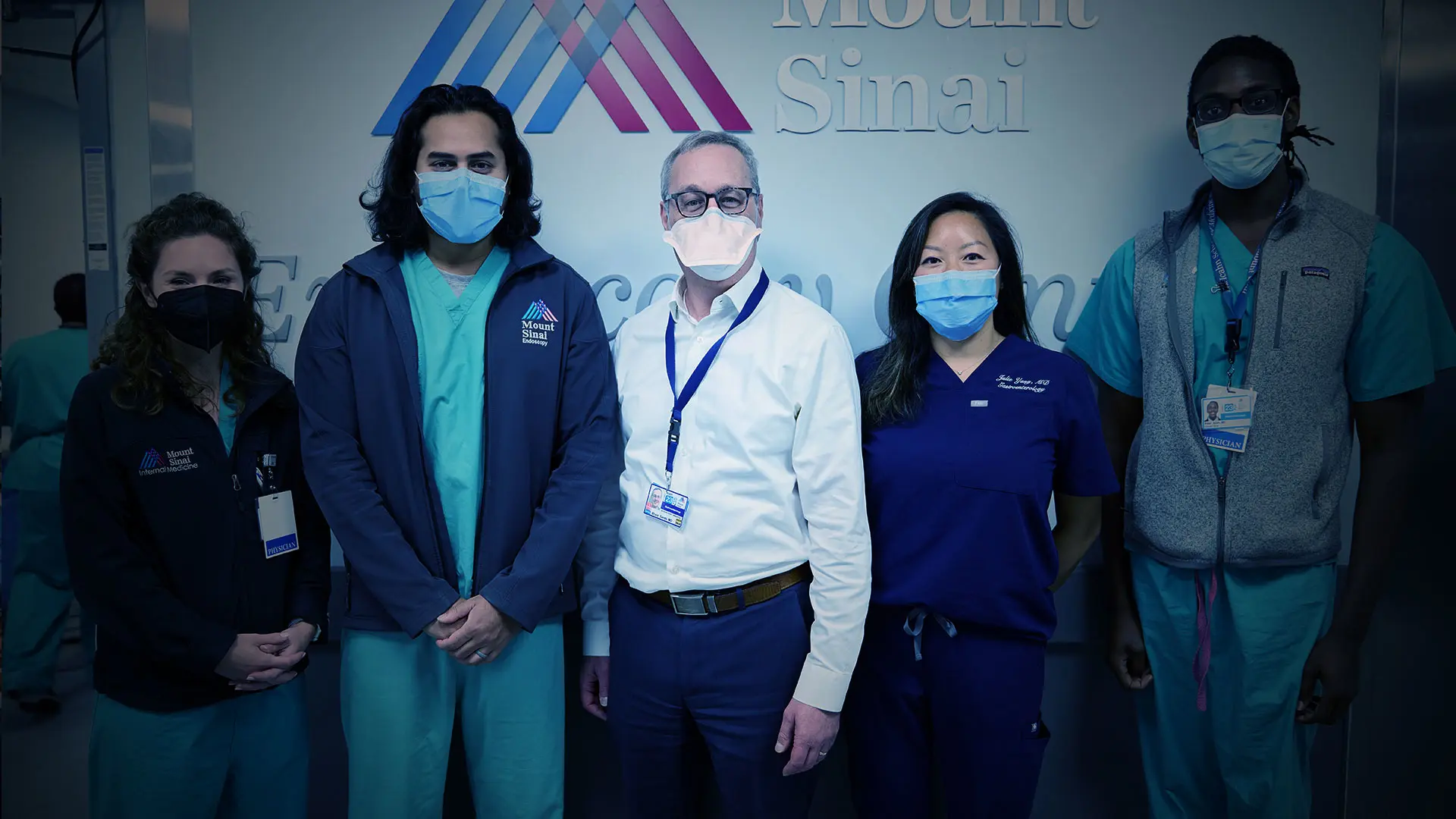Treating illness is only part of what gastroenterologists do at Mount Sinai Health System. Equally, if not more, important is learning how to prevent disease or intercept it at an early enough stage to prevent complications or avoid the need for intensive treatments.
In this report, you’ll learn about our discovery that Crohn’s disease and ulcerative colitis have a years-long preclinical phase in which immune and inflammatory pathways are measurably altered. While these alterations do not produce symptoms right away, they do yield biomarkers that could someday be used to predict and prevent these diseases.
Another example is the surveillance program we offer to people at high risk for pancreatic cancer, which aims to catch tumors while they’re small enough to resect. Similarly, our colleagues in Liver Medicine have launched a program aimed at universal testing and vaccination for hepatitis B virus, which is found at disproportionately high rates in New York City. They are also working to use electronic health record system tools to improve screening for nonalcoholic steatohepatitis (NASH).
Patients who do develop disease can certainly receive excellent treatment here. Among our advances in inflammatory bowel disease this year was a major head-to-head study that found similar remission rates for Crohn’s disease patients on ustekinumab and adalimumab. We also conducted a clinical study that yielded promising results for treating refractory Crohn’s disease with autologous stem cell transplantation. And our basic science investigators discovered a highly dysregulated B cell response in ulcerative colitis, which could lead to both new biomarkers and therapeutic strategies.
Our new Interim Chief of Colorectal Surgery, Patricia Sylla, MD, is a pioneer in transanal total mesorectal excision, a technique that can resect low-lying tumors while preserving sphincter function. A clinical trial now underway is expected to demonstrate the importance of this procedure in the surgeon’s armamentarium.
I am proud that The Mount Sinai Hospital has once again been ranked among the top 20 hospitals in the nation for Gastroenterology & GI Surgery by U.S. News & World Report. I hope you will consider supporting us again in the new year.
Featured

Bruce E. Sands, MD, MS
Dr. Burrill B. Crohn Professor of Medicine; Chief, Dr. Henry D. Janowitz Division of Gastroenterology
